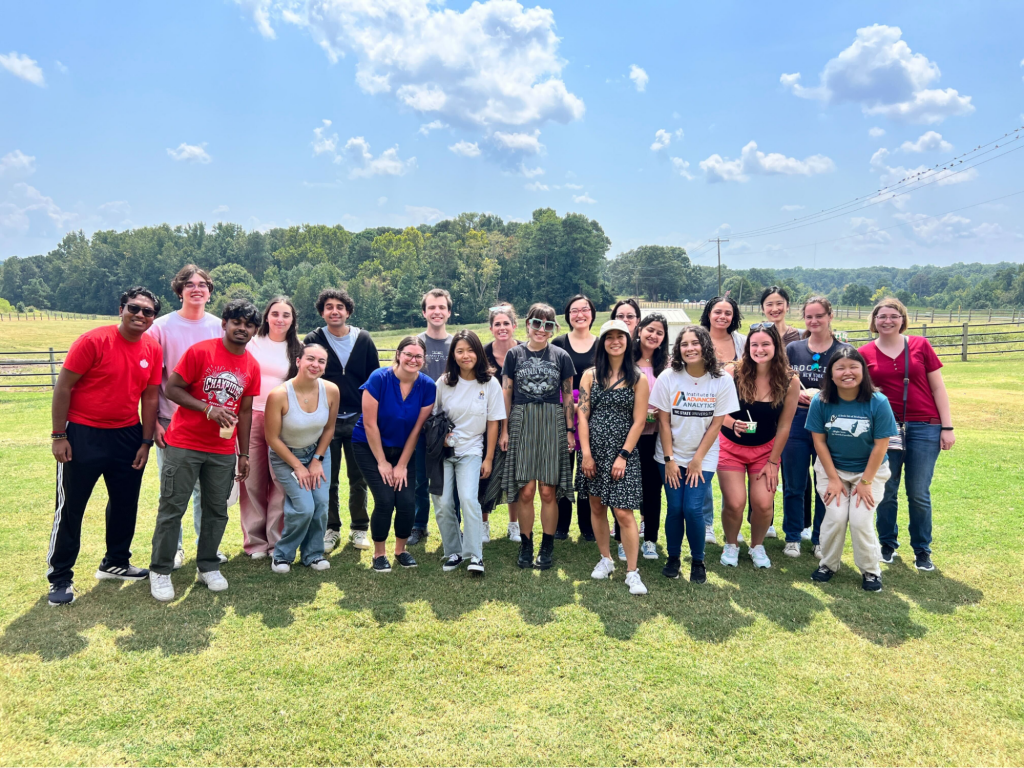After eight years in biochemistry, I realized that my true passion lies in data analysis. This growing passion led me to shift my career focus from laboratory research to the dynamic field of data analytics. The journey from biochemistry to data analytics has been both challenging and rewarding, allowing me to leverage my existing skills.
Transition and Why Data Analytics
In my research role, I did a lot of bench work, particularly in the study of biomolecular structures. This work required me to constantly analyze and interpret data to make decisions that were critical for the future of the project, making data analysis an integral part of my responsibilities. Tools like Excel and GraphPad Prism became essential for organizing and visualizing experimental data. However, as I delved deeper into the analysis, I found myself increasingly drawn to the patterns and stories that the data revealed. This fascination with data analysis grew stronger over time, eventually prompting me to consider a career transition into data analytics.
Data analytics offers a unique intersection of my existing skills and my evolving interests. The analytical mindset I developed in research—such as attention to detail, critical thinking, and problem-solving—was directly transferable to data science. However, I recognized that to transition into this field fully, I needed to formalize my knowledge and gain exposure to the latest tools and techniques used in data analytics.
To formalize my transition, I was fortunate to join the Master of Science in Analytics (MSA) program at NCSU. The program’s comprehensive curriculum provided me with the technical skills necessary to succeed in the field, including proficiency in Python and R. These tools have become the foundation of my data analysis work, enabling me to manipulate data, build predictive models, and create compelling visualizations. Additionally, the program emphasized the importance of communication skills, teamwork, and collaboration—all of which are crucial in data analytics.

One of the most valuable aspects of the MSA program has been the hands-on projects that simulate real-world data challenges. These projects have allowed me to apply what I’ve learned in a practical setting, reinforcing my skills and building my confidence as a data analyst. Additionally, the collaborative nature of the program has allowed me to work closely with a diverse group of peers, each bringing unique perspectives and expertise to the table. This collaborative environment has highlighted the importance of teamwork in data analytics.

Challenges and Growth
Transitioning to data analytics presented challenges, particularly in learning new tools like Python, R, and SQL. However, these challenges have driven my growth. Each day in the program has provided an opportunity to learn and develop new skills, making the journey both rewarding and fulfilling. At the same time, the process of learning new tools and methodologies has challenged me to step out of my comfort zone. This experience has reinforced my belief that growth comes from facing challenges head-on and continually striving to improve.

Conclusion
My journey from research to data analytics has been a natural evolution, aligning my skills and interests with the demands of a rapidly growing field. The transition has allowed me to build on my strengths while challenging me to develop new ones. For anyone considering a similar career change, I encourage you to embrace the change. The skills you’ve developed in your current role are valuable in data analytics. By following your passion, trusting the program, and believing in yourself, you can successfully navigate this transition.

Columnist: Linlin Ma
